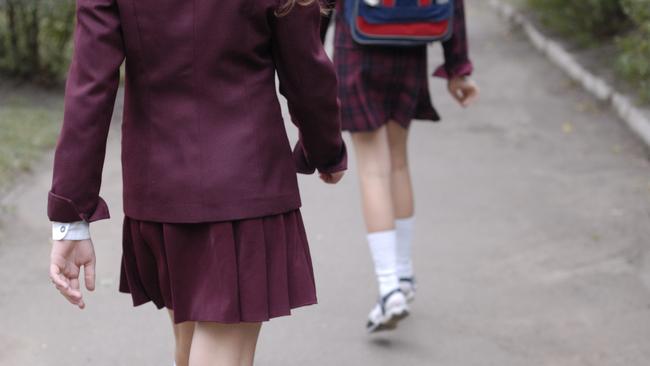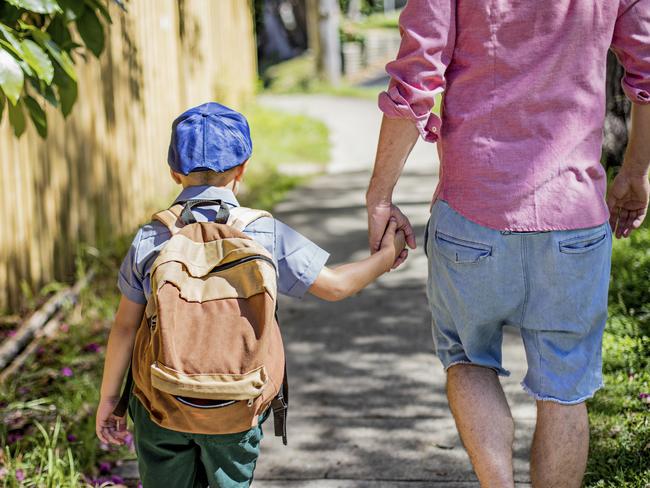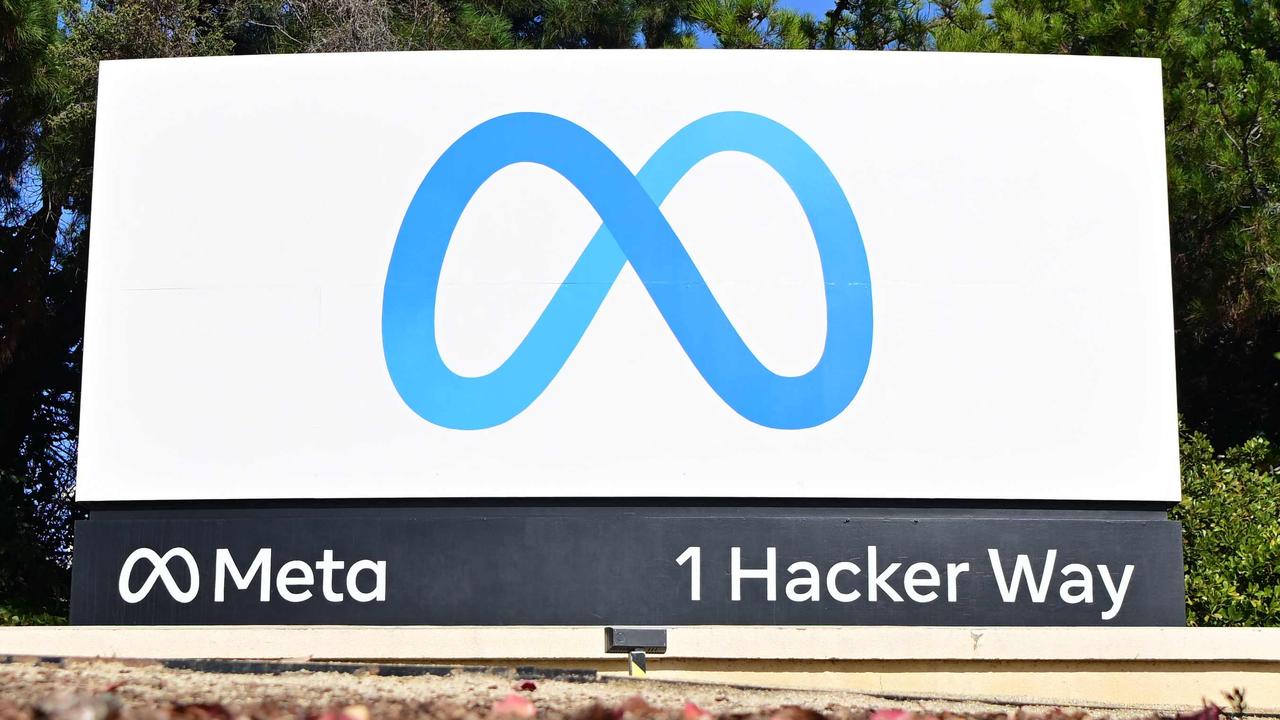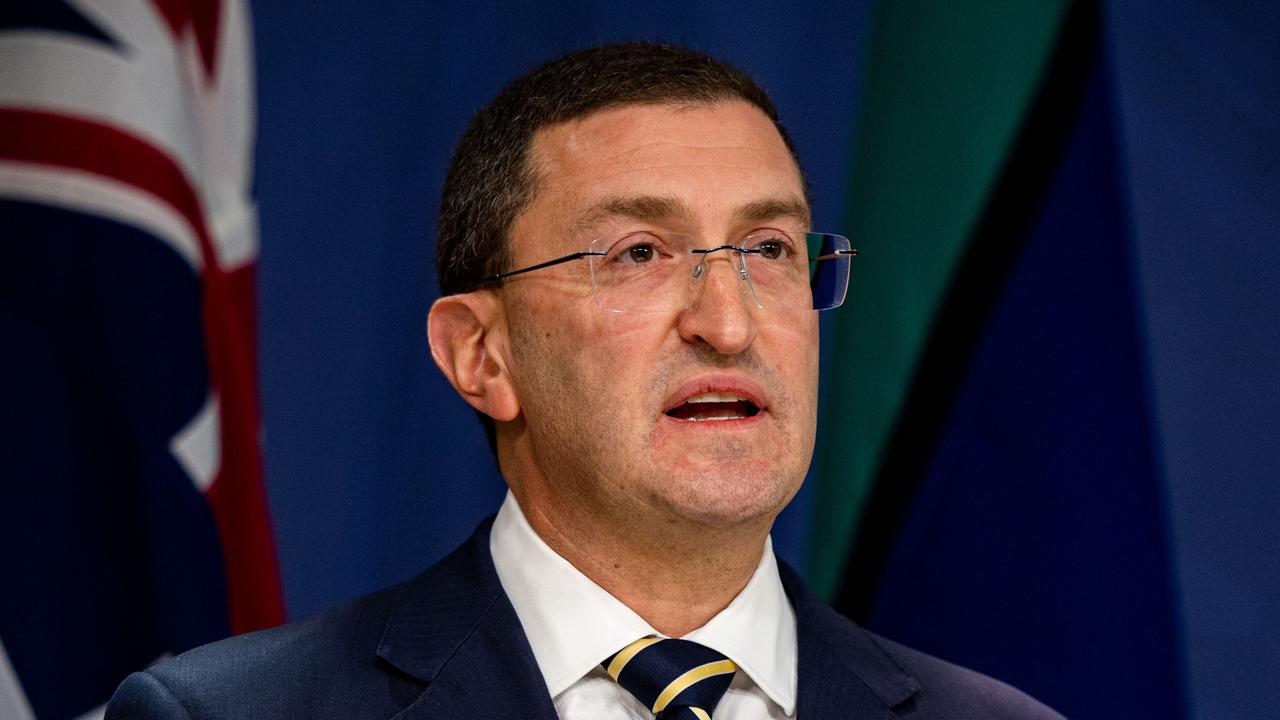The conversation Australia forgot to have with our boys
OUR girls are being hunted. Thousands of explicit photos have been posted online. And your first reaction to that news is wrong.

OUR girls are being hunted.
Yesterday, Nina Funnell revealed for news.com.au that around 70 Australian high schools have been involved in an online pornography ring. To date, more than 2000 explicit images of female students have been shared.
Here’s how it works: Users of the website nominate young women whose nude photographs they want to see, identifying them by coded reference to their school and region. Images (referred to by users as “wins”) are then uploaded — sometimes offered in exchange for pictures of other students — to rapturous virtual backslapping and applause.
The description reads like a sick and perverted version of augmented reality game, Pokemon Go. Similarly to a rare Pikachu, students’ whose nude image is harder to come by have become prize catches. Their “win” is worn like a badge of honour by users of the site.
Lists of future victims — including whole friendship cliques, sporting teams and even groups of teenage siblings — are posted together, presented as higher degree of difficulty challenges. You’ve got to catch ‘em all.
Except in this game, the objects of desire aren’t cute animated characters.
They’re child pornography.
Funnell’s brave decision to expose this website follows a string of comparable scandals involving students at elite Melbourne private schools. No doubt the story prompted thousands of horribly awkward after-dinner conversations between parents and teenage daughters last night.
If I were the mother of a teenage girl, I’d almost certainly be counselling her never, ever to take a naked photo of herself. “There’s nothing you can do to prevent your name being listed on a site like this,” I’d explain. “But you can take steps to ensure nude images of you don’t exist in the first place.”
And right there, unwittingly and entirely without malice, I would be holding my hypothetical daughter partially responsible for her own potential victimhood. As our community does all too often, I’d be putting the onus on the woman to prevent her own assault. I’d be implicating her as a means for prevention rather than placing responsibility fairly and squarely on the shoulders of the perpetrator.

Don’t wear a short skirt, we instruct our girls. Don’t get too drunk. Don’t wear too much make-up. Don’t walk in unlit areas at night. Don’t experiment with drugs. Don’t go out with older boys. Don’t take — or let anyone else take — nude photos of you … ever.
The first reaction of a parent is always to protect your own child.
But equally important, is our role in protecting someone else’s child.
Many perpetrators of these online assaults against hundreds of children were children themselves.
Teenage boys are actively participating in the creation and distribution of pornography featuring their female peers. And yet, I’d wager there weren’t too many after-dinner conversations last night, warning our sons not to be involved in offensive and illegal activity.
No parent wants to believe that their kid is the bully, let alone the sexual predator. However, confining genuine conversations about this sort of online activity to our girls, risks not only its continuance but also its growth.
It’s imperative we challenge the warped version of what is appropriate online and sexual behaviour that seems to be widespread among teenage boys.
The internet means that our kids are exposed to extremely adult material from a very young age. The incredibly unrealistic depictions of sex and consent in modern pornography would shock most parents.
Supporting teenagers to understand and process that content for what it is — an escape from rather than a reflection of reality — is essential.
After all, it may be our girls who are the ones being hunted.
But our boys are the ones with the power to stop it.
Jamila Rizvi is a writer, presenter and news.com.au columnist. You can follow her on Facebook and Twitter.



